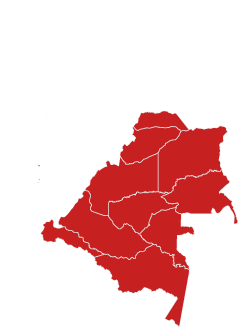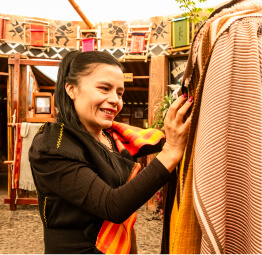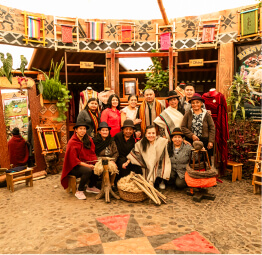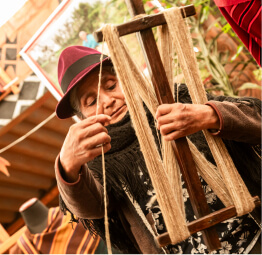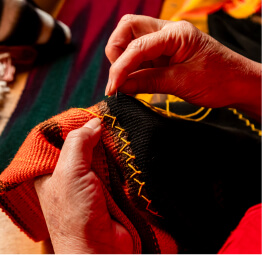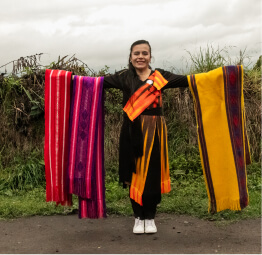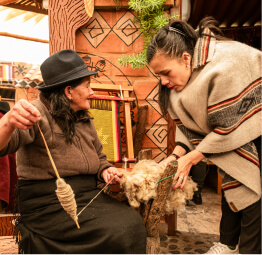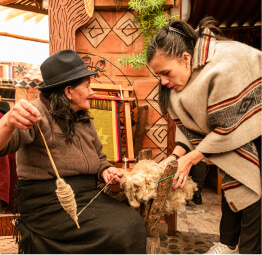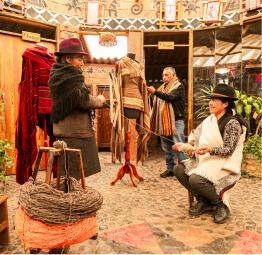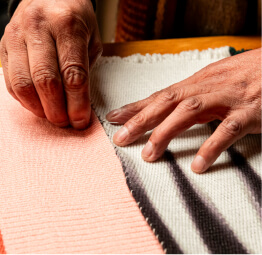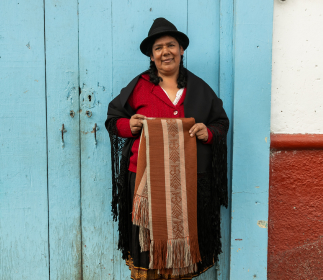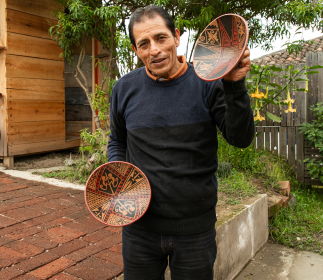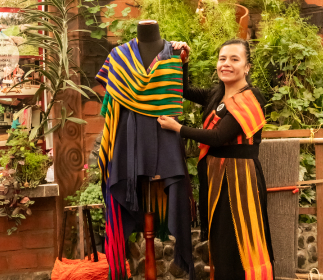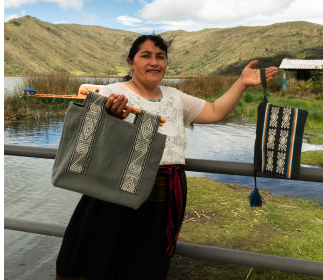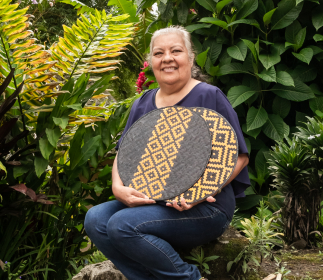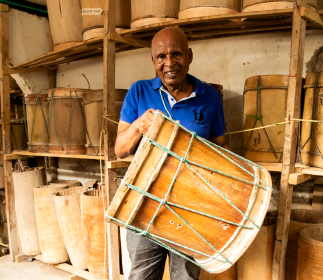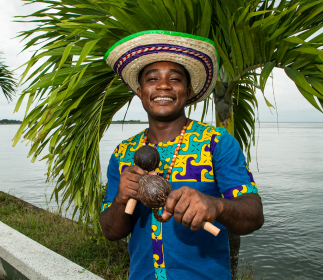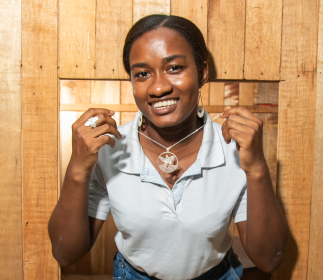Flor Imbacuán
Workshop: "Hajsú etnomoda La Casa de la Guanga"
Craft: Weaving
Trail: Ipiales - Tumaco Route
Location: Carlosama, Nariño
Listening to Flor speak is revitalizing. Her kindness and gift of speech show us that, no matter how painful a story may be, beauty can always be found within it. This craftswoman grew up watching her mother weave and helping her with the wool marking in the Macas village, in Cuaspud Carlosama. She inherited the rigor and neatness in work from her teacher, who did not allow a single strand of wool to be wasted when a little piece fell to the floor, and whose woven pieces were as polished as the snow from the peaks of the volcanoes. But to that same village where she grew up alongside the sheep, a group of bloodthirsty criminals arrived, and the landscape changed. Coffins paraded down the street in front of her house every week, and her family had to leave. They even loaded the dogs onto the truck and fled in search of shelter.
Flor grew up in a context where it was considered that women only served to have children, cook, and weave. Their work was deeply undervalued and taken for granted. That’s why, when they arrived in Cumbal fleeing death, she saw an opportunity to break with those absurd beliefs. She entered night school and, thanks to her good grades, she was able to rely on scholarships until she completed 11th grade. She discovered that she could rely on her intelligence, and this bore fruit, as the school principal awarded her a scholarship to study fashion design at the Autonomous University of Nariño.
She had taken her first steps as a designer as a child when, after seeing her ability to make dresses for her dolls, her mother encouraged her to take sewing classes with a neighbor. She already knew how to use the sewing machine when she started studying, and during her internships, a dream crystallized in her: to use her new knowledge to innovate in the traditional weavings of her region.
Neither the violence nor the little value given to women managed to break Flor. On the contrary, they strengthened her. They injected her with a warrior spirit, the same spirit that pushed her to start her project and keep it standing. She returned to Cuaspud with the dream of dignifying her mother’s work, her sister’s, her neighbors’, and set out to find the women of the territory, house by house, whether the sun was shining or the rain was falling. With the support of her mother, she sought the wisdom of these women and, in return, offered them the opportunity to dignify the work that they had exercised for so many years as naturally as breathing. At first, they were scared because they believed they only knew how to make rustic shawls, but Flor knew how to reach their hearts, motivated them, and gave them a new opportunity, different from working as day laborers to meet their household needs.
Her heart still churns when she remembers how weaving was taken for granted. Today, she knows that after so much effort and perseverance, she has made a change: giving a new place to weaving in the company of the more than 25 people who are part of Hajsu, her brand, which means indigenous clothing in the language of the Pastos Kichua, her community. Using the guanga, the traditional loom of the southeastern region of the country, and the strength of their hands, they make pieces that exalt Andean symbols and techniques. They use the cuxe, their own spindle, the aspador, and the china to process their wools, and combine them with cotton, polyester, and silkworm cocoon silk to weave pieces in which they represent the symbology that identifies them, such as the sun of the Pastos, the cosmic spiral, and the partridge.
Flor has traversed a long journey. She knows that with every obstacle that comes across her way, beautiful things arrive too, triumphs and joys. Among the good things is her nomination for the Cafam Woman Award 2024. She sees the nomination as a tribute to her effort and perseverance, the two powers that have led her to empower so many other women weavers.
Craft
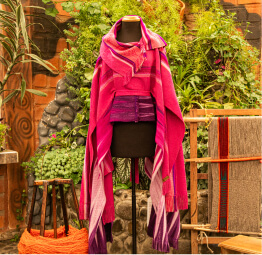
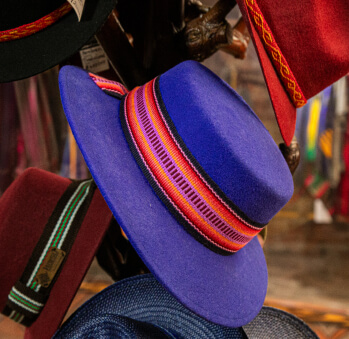
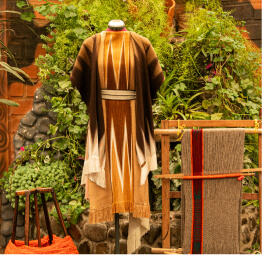
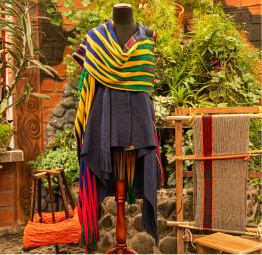
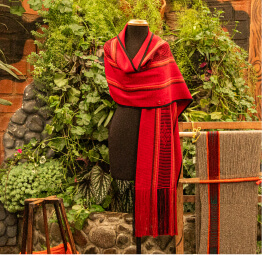
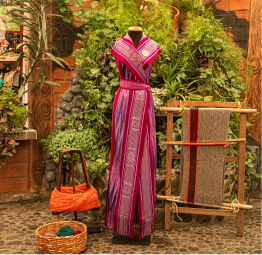
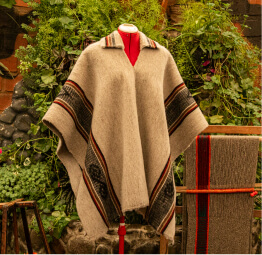
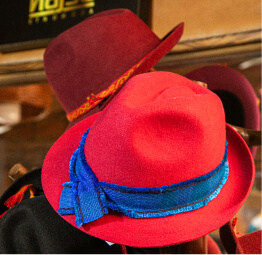
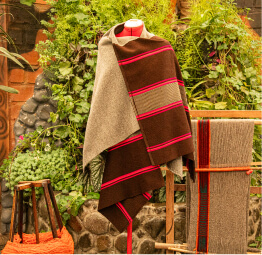
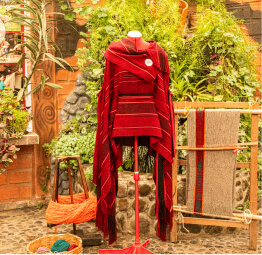










Artisans along the way
Artisans along the way
No puede copiar contenido de esta página

